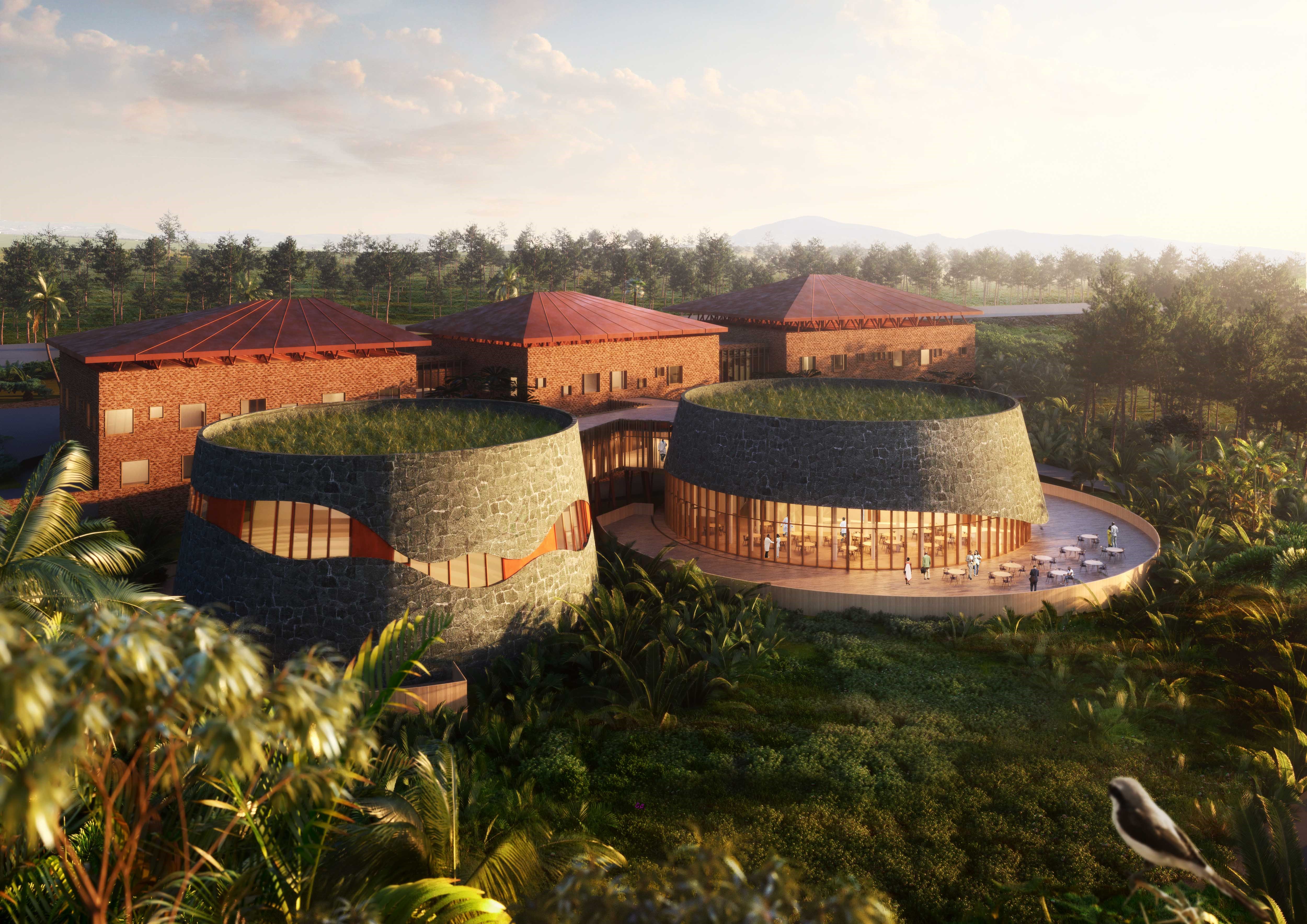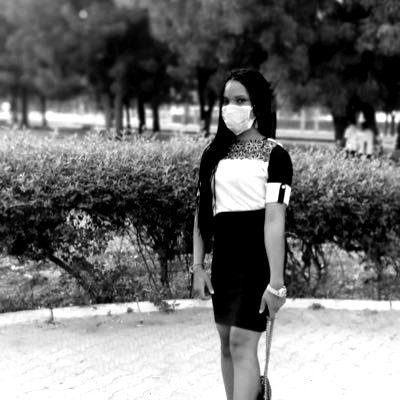Regional
Projects that will revolutionize Rwanda’s health sector

IRCAD AFRICA artistic impression that is under construction in Kigali, the capital city of Rwanda.
After the 1994 Genocide against the Tutsi in Rwanda, the country had a long rebuilding journey ahead.
There
were many priorities at the time including the health sector which was in a
critical condition.
But in spite of all the challenges the post-Genocide economy faced, three decades later, Rwanda has become a global model for building strong health systems in resource-limited settings.
Everything the country has achieved, so far, has come from hard work and dedication.
Rwanda is internationally recognized for its success in offering universal access to healthcare. With over 84% of Rwandans insured by the mutuelle de santé, Rwanda has ensured that her citizens have access to primary health care. The country operates a well-functioning, decentralized healthcare public service system comprising 1,700 health posts, 500 health centers, 42 district hospitals, and five national referral hospitals.
Rwanda also has a vibrant private health services sector, which comprises of two general hospitals, two eye hospitals, 50 clinics and polyclinics, eight dental clinics, four eye clinics, and 134 dispensaries.
There is, among others, one public medical college producing 100 general practitioners per year.
Rwanda plans to expand the provision of better health care and develop medical tourism through the attraction of state-of-the-art and specialized medical facilities.
The government is steadily improving access to health services by establishing “health posts” close to communities so as to shorten the distances people need to travel to receive the care they need, as well as increasing access for specific specialized care.
Investments in health posts are paying off, with a near 50% reduction of travel time between 2010 and 2020.
The government has made primary health care a priority to improve access to health services and make progress towards universal health coverage. By 2024, the government aims to establish 623 new health posts and reduce the time further to below 25 minutes.
This will be achieved through a network of health posts.
But another more work has to he done. And it is being done; starting with some major ongoing projects that will revolutionize Rwanda’s health sector.
IRCAD Africa
Rwanda is set to officially launch the Research Institute against Digestive Cancer (IRCAD) Africa, the first of its kind on the continent, on October 7. The center aims to train the next generation of surgeons on how to develop new techniques for minimally invasive surgery, minimizing the cost and time spent on processing cancer surgeries.
Formed in 1994 by Professor Jacques Marescaux, IRCAD is a renowned France-based health institute with branches in Brazil and Taiwan. The construction of the soon to be launched state-of-art center started in 2019 in Kigali, Masaka Sector.
With the launch of this centre, IRCAD Africa, in Rwanda, will be hosting surgeons and engineers from around the continent, and the world.
The objective of this new Institute is to become the largest African center for training and research in minimally invasive surgery, and to improve surgery standards in Africa by closing the technological and knowledge gap.
Butaro Cancer Center of Excellence


